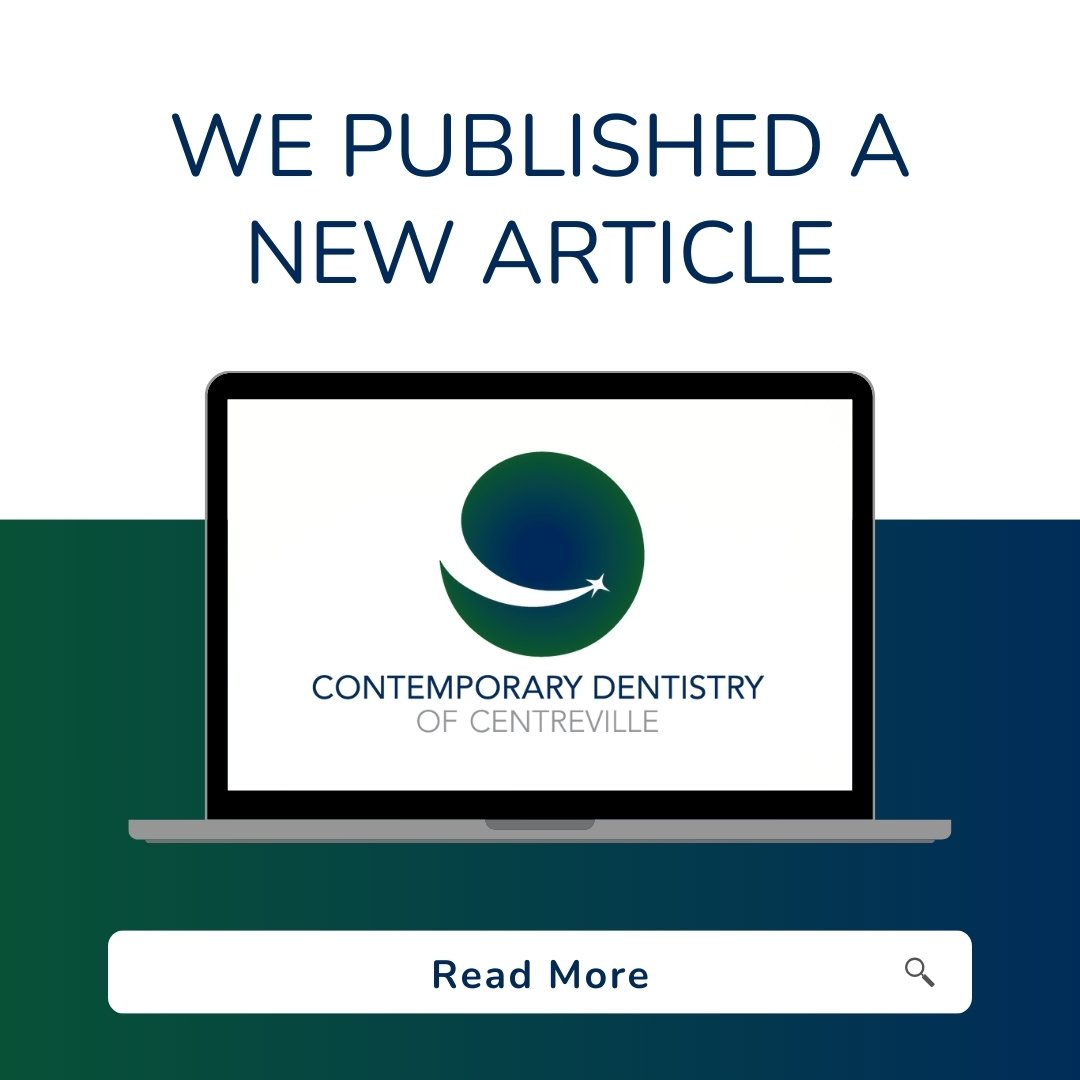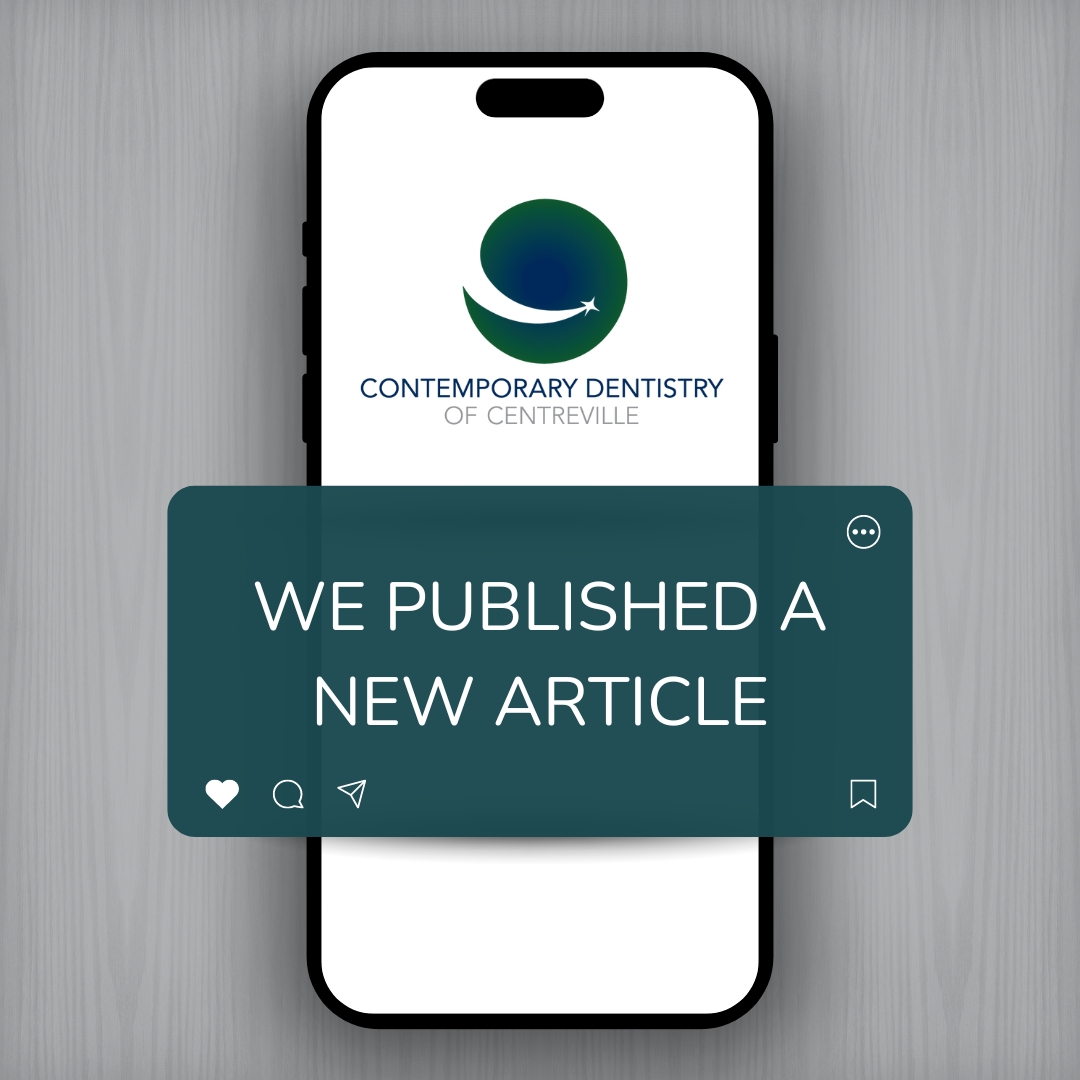First, What Does an Endodontist Do?
Unlike general dentists, endodontists do not clean teeth—they focus solely on diagnosing and treating infection with the dental pulp. Endodontists are the experts for pulp inflammation, infection, and root canal treatments. In addition to the four years of undergraduate and four years of dental school required, endodontists undergo an additional two to three years of training in specialized programs preparing them in their field. The advanced training Contemporary Dentistry received prepared them to work in the microscopic environment inside the teeth.
Endodontic Technology
Endodontists utilize NASA technology and state-of-the-art tools to work inside the teeth.
Operating microscopes. Endodontists utilize magnification and fiber optic illumination to view and work inside the tooth’s tiny interior. They also can use a small video camera attached to the operating microscope to record images of your tooth.
Ultrasonics. Endodontists use high-frequency ultrasonic instruments to irrigate root canal spaces and remove debris to help clean and prepare during endodontic procedures.
Nickel titanium. Endodontists use nickel titanium technology used by NASA in satellites to ensure flexibility and memory of instruments, ensuring more precise and efficient movements. More precise movements mean better results and less risk for the patient.
Dental dam. At first glance, the dental dam may not seem impressive, but this thin square sheet—usually made of latex or nitrile—is imperative for cleaning the effected tooth and keeping it clean and dry during dental procedures. Contemporary Dentistry uses the dental dam to prevent microorganisms found in saliva from contaminating the site, and it helps keep filling materials dry during placement and curing. A dental dam can also help some patients feel more relaxed and comfortable during endodontic procedures since it creates a layer of separation from the drill and other tools and may help them feel more disassociated from the procedure. While some patients may find comfort in using the dental dam, some may feel claustrophobic or vulnerable with reduced access to the care provider. Contemporary Dentistry will regularly check in with you to ensure your comfort. If you are concerned about infection, call Contemporary Dentistry at 703-968-7022 to schedule an in-office visit.











